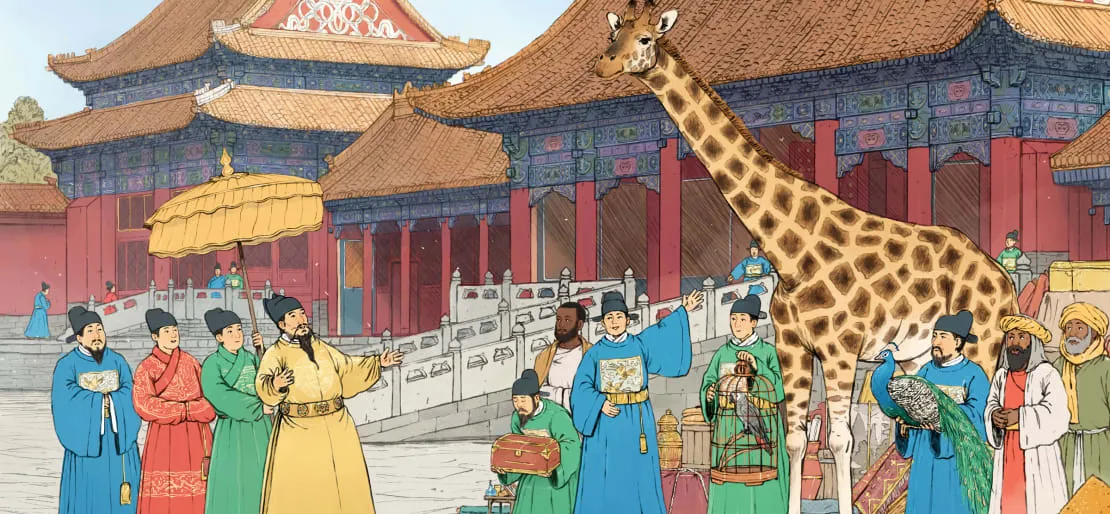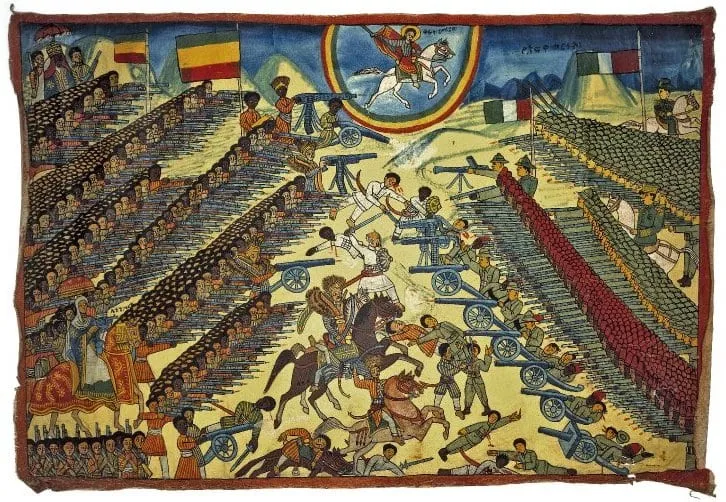Eurocentrism
Stepping Out from Zheng He’s Shadow: World History, Ming China, and Greater East Asia in the Fifteenth Century
Most authors of world history textbooks and world history teachers seem to love the voyages of Zheng He. The treasure ships dwarfed all contemporary ships, the two main individuals (the Yongle Emperor and Admiral Zheng He) were larger than life characters, and there were African giraffes being mistaken for mythical

Less Scrambling, More Reflecting: How We Can Better Teach about the European Colonization of Africa
Every year thousands of teachers of world history teach about the problematically-named “Scramble for Africa”, and many of them make use of a popular classroom simulation that seems to have originated in the 1990s, based on what some teachers have told me. I remember first seeing pictures of the activity

Decolonizing Modern World History
For the last couple of years, I have been struggling to figure out what I want to do with this blog. When I began posting more regularly during my sabbatical in 2015-2016, I imagined it to be a place to reflect on my ideas about world history pedagogy. For the

Healing the Sick Man of Europe
If the Ottoman Empire in the sixteenth and seventeenth centuries was going through a period of transformation, rather than beginning a 400-year decline, it would seem that the Empire, which collapsed in 1922, had to be declining in the eighteenth and nineteenth centuries. While it’s true that the Empire

Eurocentrism and the Myth of East Asian Isolation
Explores the eurocentric tendency to describe early modern China and Japan as isolationist. Instead of thinking of these states as isolationist, we should view them as simply having a different model of foreign relations.

